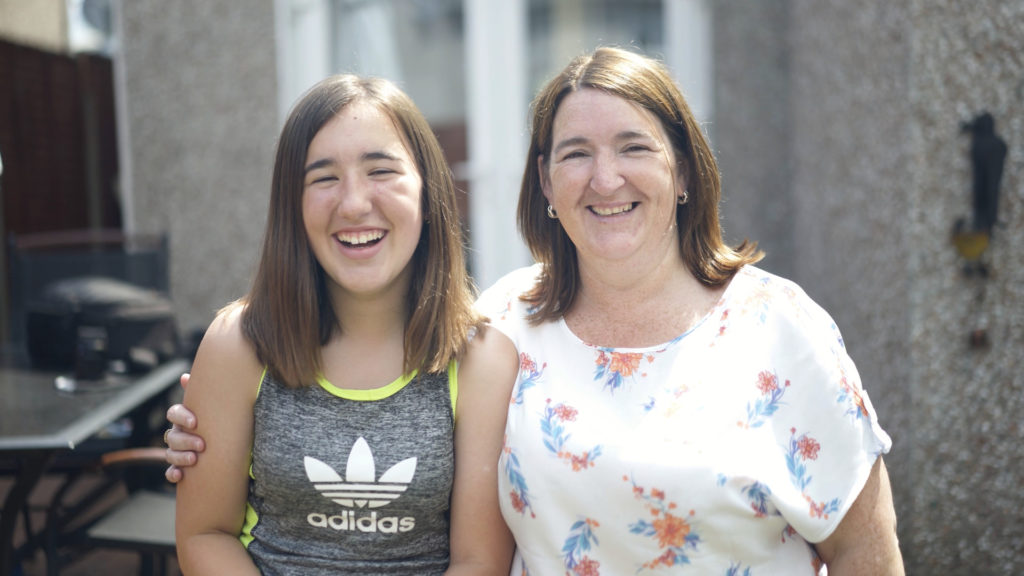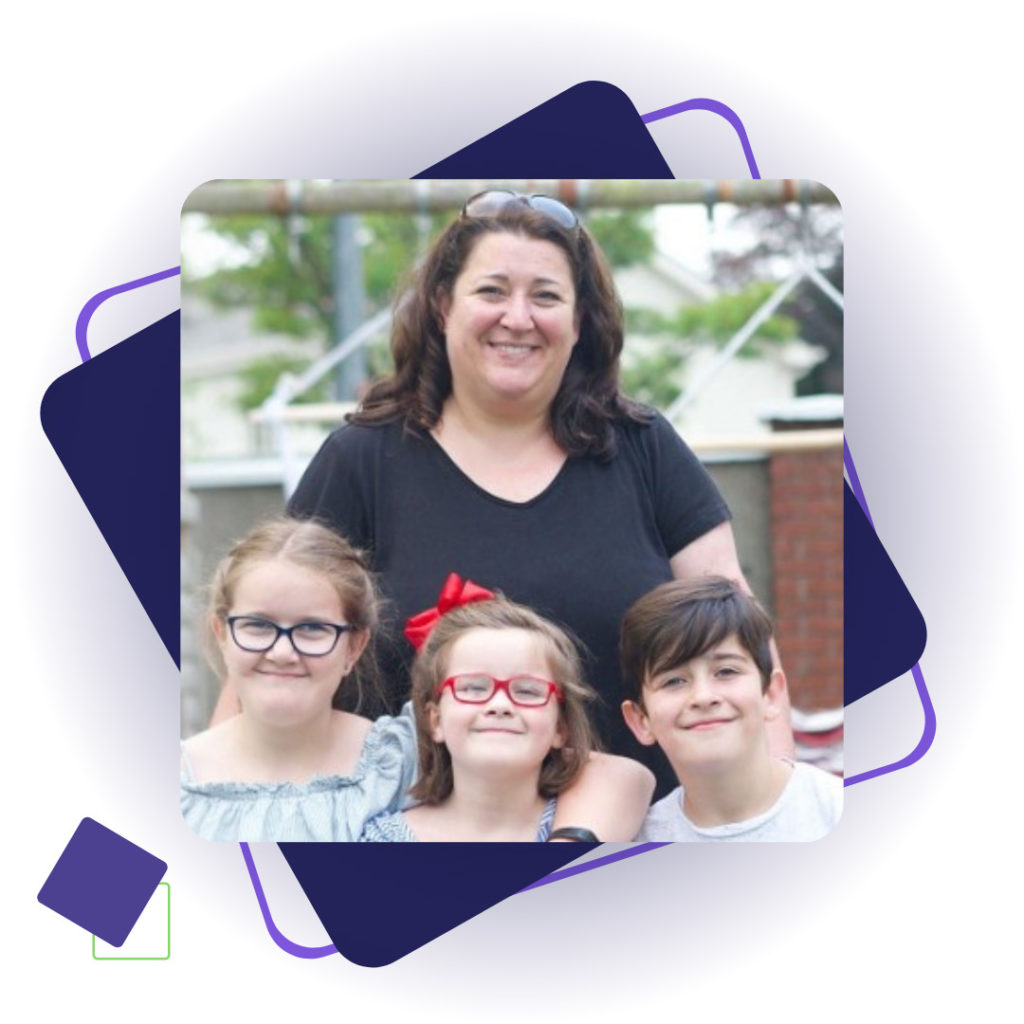For parents – what can I do?
For many parents, receiving a diagnosis of Dyspraxia for your child can come as a shock. For others, it may be a big relief to understand why your child is facing the symptoms that they are experiencing. For some, it may be the first time you have heard of the condition and can lead to confusion or worry for your child’s future. You may find yourself asking, what next?

Try to educate yourself about Dyspraxia as much as you can. The more you understand the condition the more you can help and support your child.
However, not everything you read will be applicable to your own child. Dyspraxia affects all people differently, and no two children will have the exact same symptoms. It is important that you understand what difficulties your own child has. Ask the healthcare professional who diagnoses your child about what specific challenges are most applicable to your child.
It will also be important to inform your child’s teacher about their condition, and about the specific difficulties they experience. The teacher may then be able to adjust or offer support to your child to ensure they have every opportunity to work to their full potential in school.
It may be helpful for both you and your child to join a local group so that you can meet and interact with people who are going through the same thing as you. Particularly if your child struggles socially at school, this is a great way for them to meet children who also have Dyspraxia and understand each other’s difficulties. Local groups are also a great source of shared information and advice amongst parents, as well as from guest speakers. Check your locality for your nearest branch of Dyspraxia Ireland to see if there is a support group near you.
Depending on your child’s symptoms, they may need to be referred for Physiotherapy, Occupational Therapy, or Speech and Language Therapy. Physiotherapy can help your child to work on their gross motor skills, which can improve things like balance, coordination, and strength, helping them with sports participation. Occupational Therapy can help your child with daily activities that they might find difficult, such as dressing, writing or eating. Speech and Language Therapy is important for those who have issues with speech and communication.

While waiting for access to physio, speech or occupational therapy, we recommend signing up for the Beats Medical Dyspraxia App. The app provides evidence based exercises through fun space themed games so that children can access some therapy through a fun and engaging app, while waiting to see a specialist therapist or between therapy sessions.

